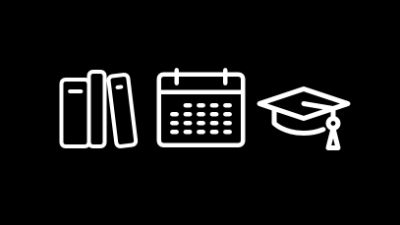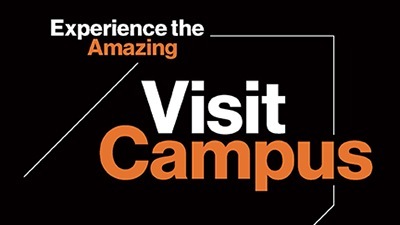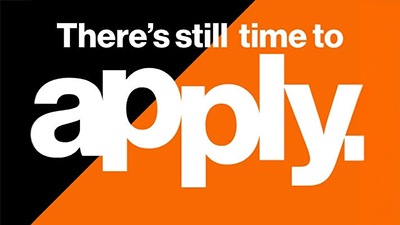
Denise Kavin
Senior Lecturer, Liberal Studies
Denise Kavin
Senior Lecturer, Liberal Studies
Education
BS, Gallaudet University; MS, Northwestern University; Ed.D., Northern Illinois University
Bio
Denise Kavin is a faculty member with NTID's Department of Liberal Studies, where she coordinates the BS program in Community Development and Inclusive Leadership and the AS program in Applied Liberal Studies, and teaches LEAD and English courses. Prior to that, she was Assistant Dean for Outreach, Placement and Special Projects and co-principal investigator with DeafTEC: Technological Education Center for Deaf and Hard of Hearing Students, a National Science Foundation Advanced Technological Education National Center of Excellence.
Previous positions that Denise has also held at NTID include Special Assistant to the NTID President for Strategic Decisions 2020 and Study Abroad Programming; Associate Director, Postsecondary Education Programs Network- Northeast; Senior Project Associate, Postsecondary Education Network-International; and Employment Advisor, Center on Employment. She also served for nearly ten years as Coordinator of Deaf/ hard of hearing services at Harper College in Palatine, Illinois.
Denise Kavin holds an Ed.D. in Leadership and Educational Policy Studies from Northern Illinois University, a M.S. in Education and Social Policy from Northwestern University, a M.S. in Secondary education of the Deaf, from NTID/RIT, and a B.A. in Communication Arts and Psychology from Gallaudet University. She also holds certification from the Training Program on Administration of Programs serving Deaf, Hard of Hearing, and Late Deafened Adults at San Diego State University.
Select Scholarship
Currently Teaching
In the News
-
March 30, 2022

Oscar winning movie 'CODA' has strong ties to RIT
The Democrat and Chronicle interviews Denise Kavin, assistant dean for outreach, placement and special projects at NTID, about the movie CODA.
-
March 28, 2022

Oscar winner 'CODA' a point of pride at RIT/NTID
WXXI interviews Denise Kavin, assistant dean for outreach, placement and special projects at NTID, about the movie CODA.
-
March 27, 2022

'One of a kind': Community from RIT/NTID reflects on 'CODA'
WHAM-TV interviews Denise Kavin, assistant dean for outreach, placement and special projects at NTID, and RIT/NTID students about the movie CODA and their experiences as “children of deaf adults.”
-
December 4, 2024
Kavin and Stornello facilitate Deaf Organization Executives Summit




